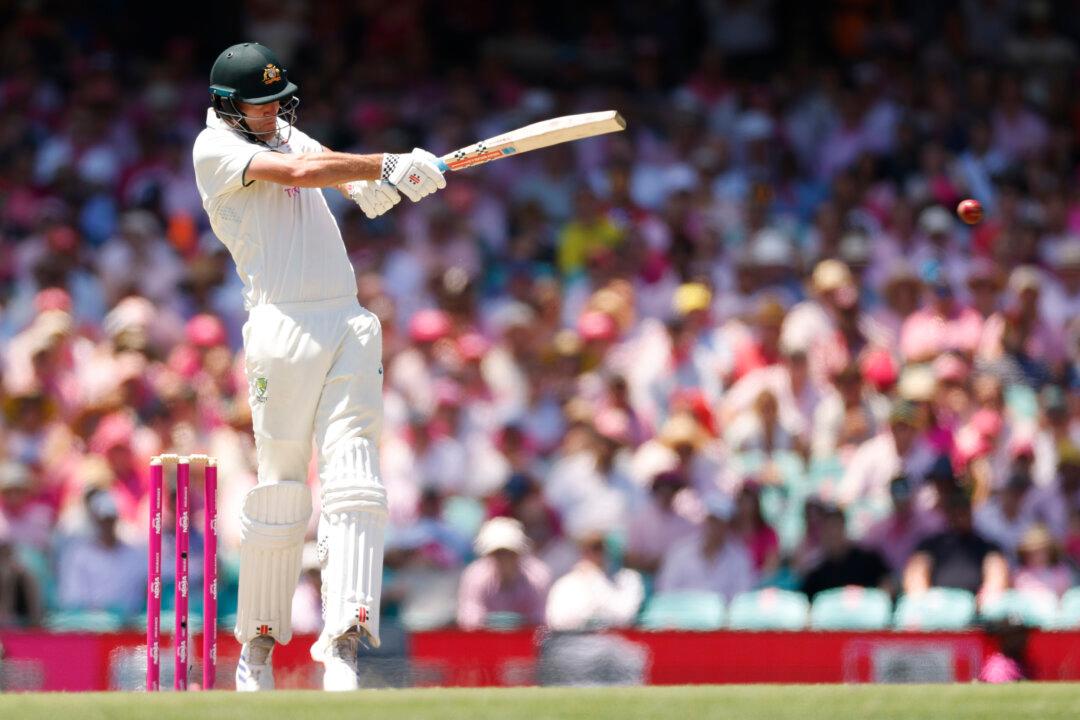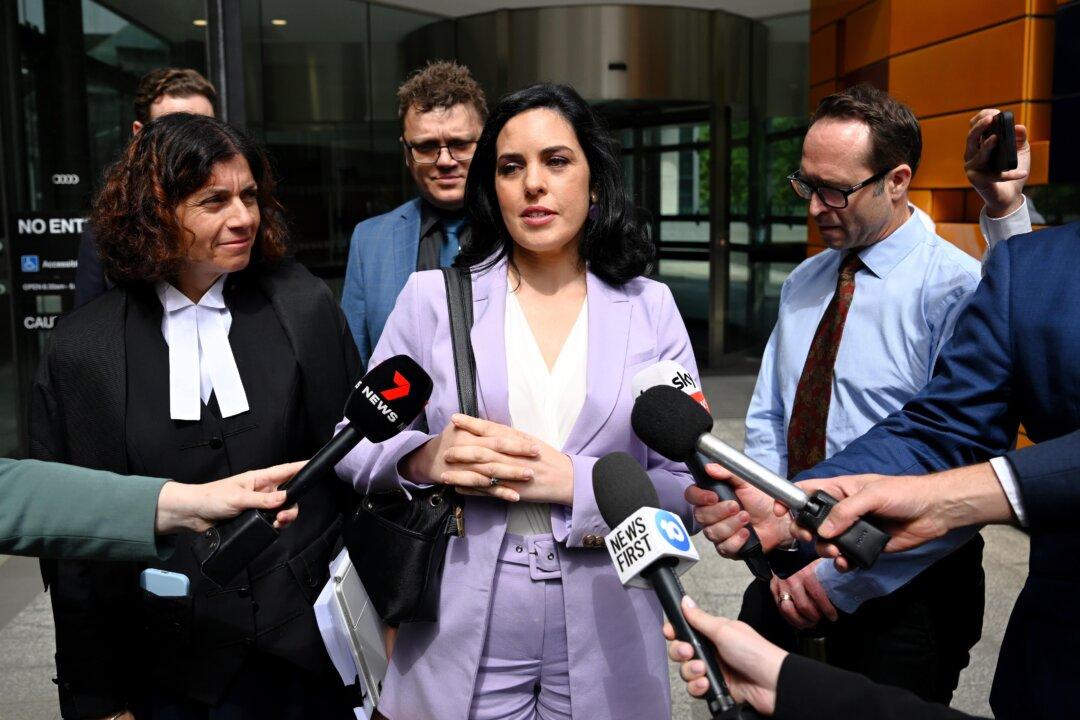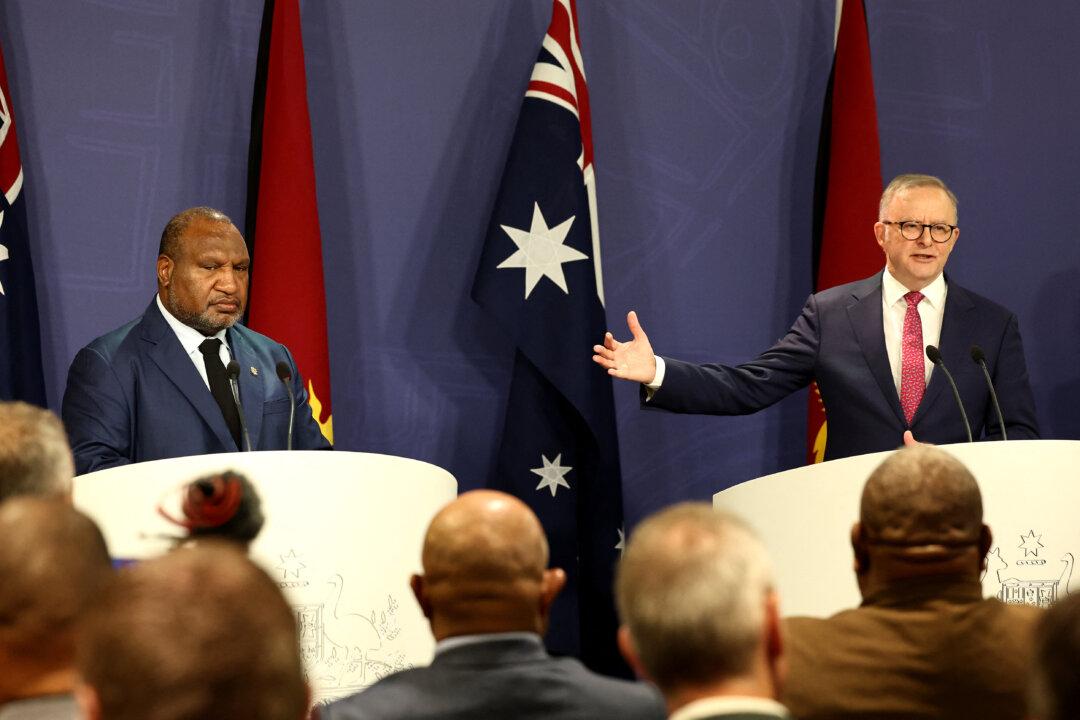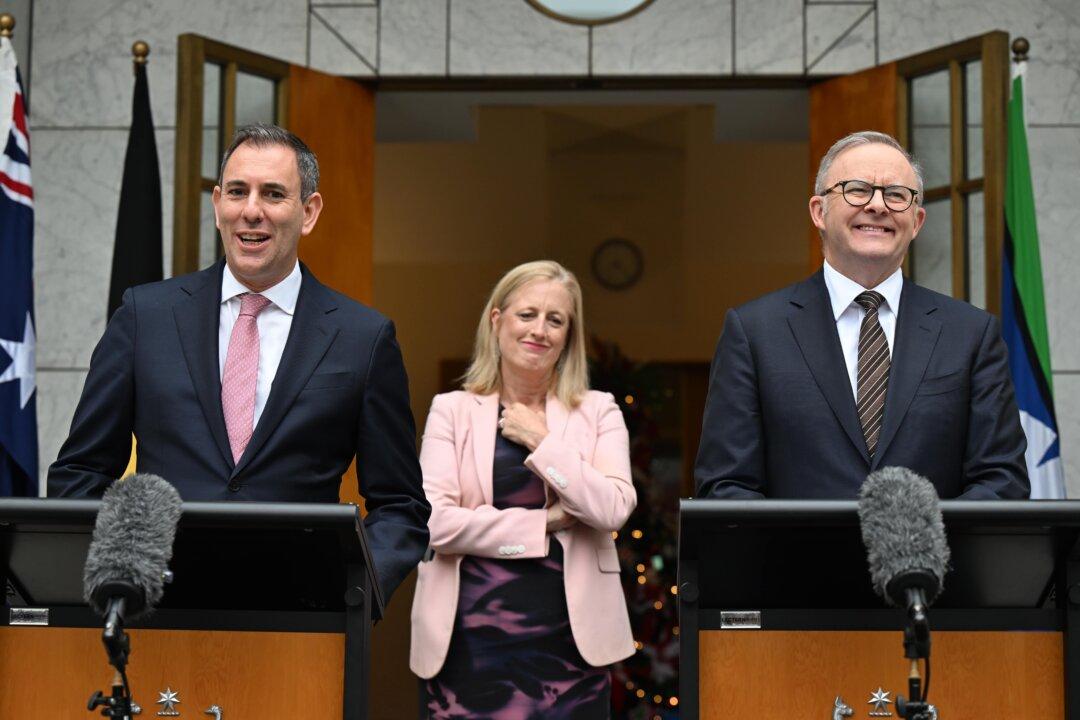The federal government will soon table “world-first” laws in parliament that will lock Google and Facebook into negotiating with news media publishers in Australia.
Treasurer Josh Frydenberg said this was a “huge reform” and the world was watching “what is happening here in Australia.”
“Our legislation will help ensure that the rules of the digital world mirror the rules of the physical world,” he told a press conference on Tuesday.
“This is comprehensive legislation that has gone further than any comparable jurisdiction in the world,” he said.
The latest announcement concludes an ongoing consultation period over a proposed mandatory code that will govern how the tech giants compensate media publishers for their content (which helps generate traffic and engagement for the tech giants).
Under the code, the tech giants are allowed a three-month period to negotiate a pay deal with media publishers. If no agreement is reached, then the matter can be taken to an independent arbitrator who will have the authority to mandate an agreement. The arbitration process must conclude within 45 days.
The code allows even smaller media companies with turnovers of $150,000 per year to negotiate. Collective bargaining will also be allowed.
The treasurer and the Australian Competition and Consumer Commission (ACCC) stood firm, with Frydenberg saying: “Australia makes laws that advance our national interest. We don’t respond to coercion or heavy-handed threats wherever they come from.”
In the latest press conference, the treasurer indicated that agreements between the tech giants and media companies were already underway.
“Word is coming back to us is that there are deals that may be struck very soon between the parties,” he said.
A Google spokesperson told AAP: “We haven’t seen the revised code yet.”
Opposition parties Labor and the Greens are supportive of the code but want to see the detail.
“We are prepared to support, in principle, efforts to ensure that the playing field is levelled between the tech platforms and the news media organisations,” Shadow Treasurer Jim Chalmers said.
“It is important journalism is properly recompensed and recognised for the unique characteristics it holds,” Shadow Minister for Communications Michelle Rowland said.
Initially public broadcasters the ABC and SBS were not included in the code by the ACCC because they do not rely heavily on commercial revenue. However, that has since changed, with any payment deals negotiated to be channelled to regional media.
Communications Minister Paul Fletcher also opened the door for news wire service the Australian Associated Press to negotiate a pay deal.
“They are a wholesale provider, and so to the extent regional news businesses and others have their business position strengthened, that will put them in a better position to be acquiring content from AAP,” he told ABC TV.
The draft laws will go to a parliamentary inquiry after being tabled, and a vote is expected early next year.





